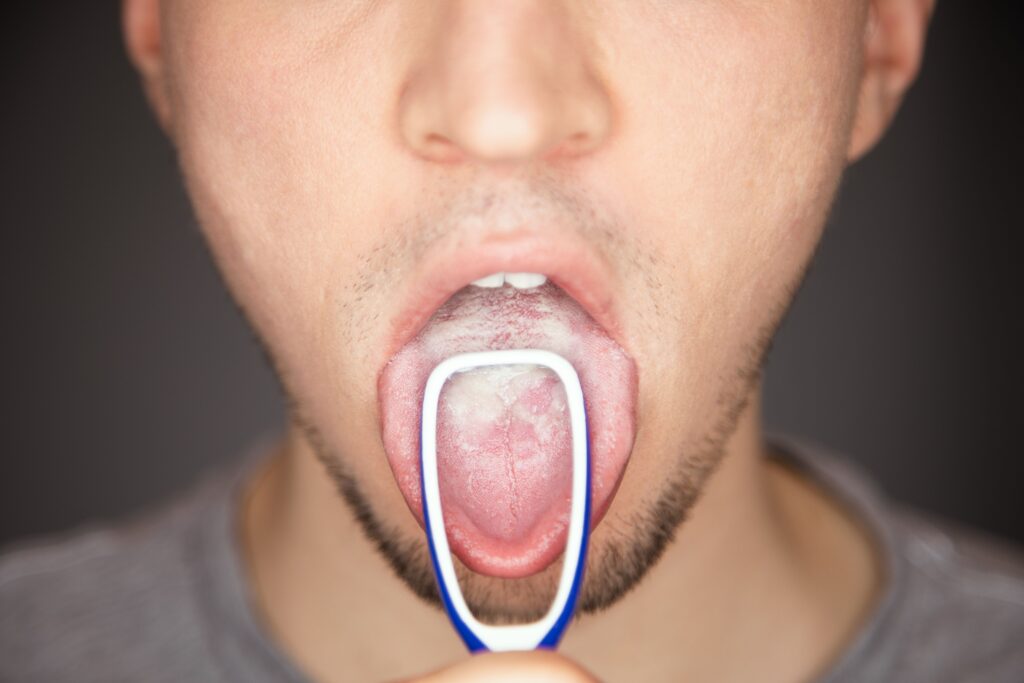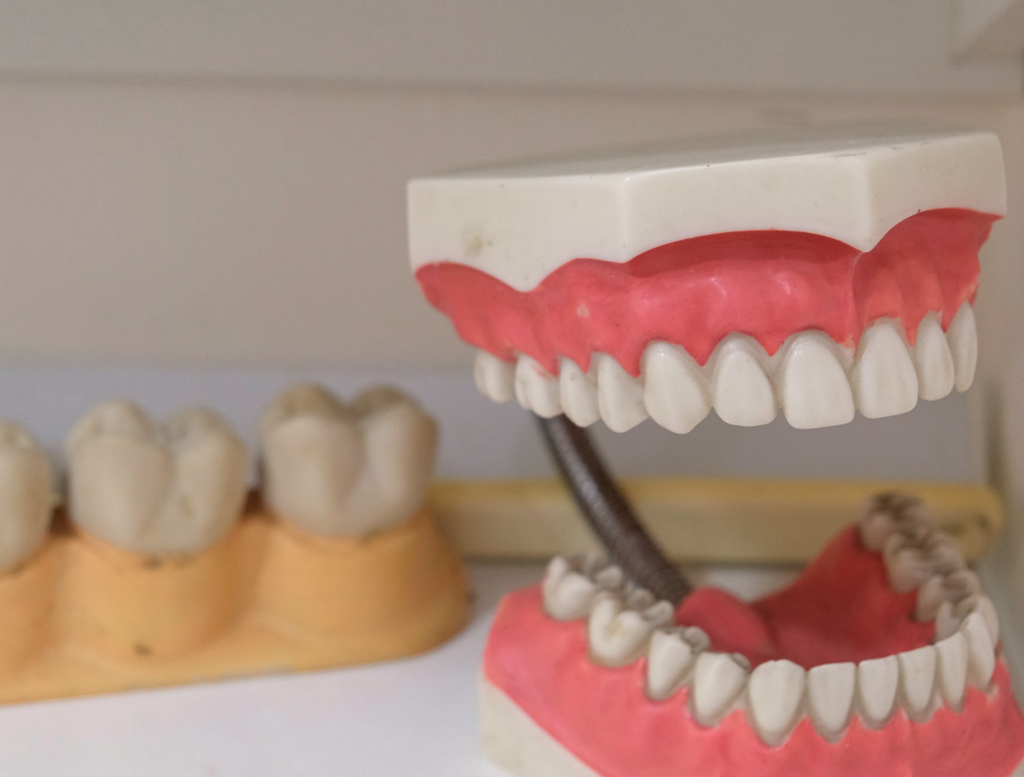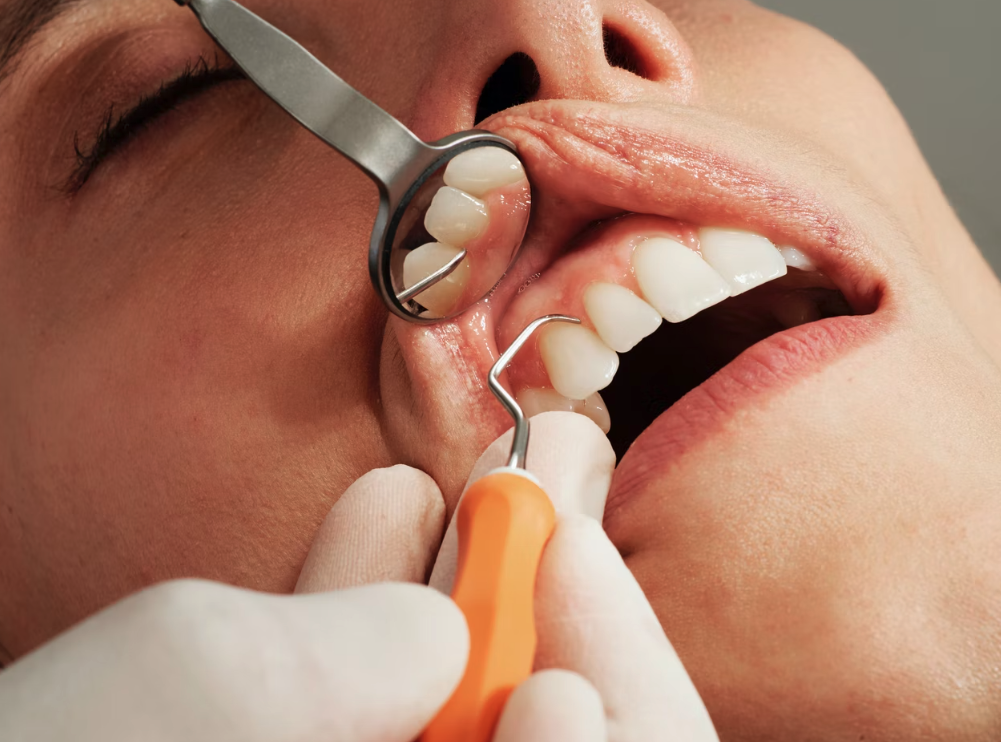Snore guards and night guards are two common devices used for improving the quality of sleep. Both have their unique features, and the purpose of this article is to explore the similarities and differences between these two devices and help determine which one is the best fit for you.

Snore Guards
A snore guard is a device designed to help prevent snoring by keeping the airway open. It is a custom-fitted oral appliance that works by repositioning the lower jaw and tongue, thereby preventing them from collapsing into the airway and blocking the flow of air. Snore guards are typically made of soft, flexible material and are worn at night while sleeping.
Benefits of using a snore guard include improved sleep quality, reduced snoring, and increased energy levels during the day. However, some people may experience discomfort when wearing a snore guard, and it may not be effective in all cases.
Night Guards
A night guard, on the other hand, is a device worn to protect the teeth from grinding or clenching, known as bruxism. It is a custom-fitted oral appliance that covers the teeth and prevents them from grinding against each other during sleep. Night guards are typically made of hard plastic or a similar material and are worn at night while sleeping.
Benefits of using a night guard include improved sleep quality, reduced tooth pain, and protection of teeth from further damage. However, some people may experience discomfort when wearing a night guard, and it may not be effective in all cases.
Differences between Snore Guards and Night Guards
The primary difference between snore guards and night guards is their purpose. Snore guards are designed to prevent snoring, while night guards are designed to prevent teeth grinding.
In terms of design, snore guards have a more complex structure, as they need to reposition the lower jaw and tongue. Night guards, on the other hand, have a simple design that covers the teeth.
Material used is also different in snore guards and night guards. Snore guards are typically made of soft, flexible material, while night guards are made of hard plastic or a similar material.
When it comes to effectiveness, both snore guards and night guards have proven to be effective for their respective purposes. However, the effectiveness may vary from person to person and may depend on the cause of the problem.
Understanding the Causes of Snoring and Teeth Grinding
Before deciding on a snore guard or a night guard, it’s essential to understand the underlying causes of your sleep issues.
Snoring can result from various factors, including nasal congestion, obesity, sleep position, and anatomical features of the throat or jaw. For some, snoring may indicate sleep apnea, a serious condition that can affect overall health. If you suspect that your snoring is more than just a nuisance, it’s crucial to consult a healthcare provider for proper diagnosis and treatment.
Teeth grinding (bruxism) can be caused by stress, anxiety, misaligned teeth, or sleep disorders. Understanding the root cause of your teeth grinding can help determine whether a night guard is the right solution. Some people may find that addressing stress through relaxation techniques or therapy can reduce their grinding habits without the need for a night guard.
Comfort and Adjustment Period
Both snore guards and night guards can require an adjustment period. It’s normal to experience some discomfort initially, as your mouth gets used to the new device. Here are a few tips to ease the adjustment:
- Start Slow: When first using either guard, try wearing it for a few hours each night until you feel more comfortable. Gradually increase the time you wear it until you can manage a full night’s sleep.
- Stay Hydrated: Wearing these devices can lead to a dry mouth. Make sure to drink enough water throughout the day to stay hydrated.
- Follow Care Instructions: Proper cleaning and maintenance of your snore guard or night guard are crucial for comfort and effectiveness. Clean your device according to the manufacturer’s instructions to avoid irritation and ensure a good fit.
Long-term Use and Replacement
Both types of guards may wear out over time, especially with nightly use. A typical night guard can last anywhere from a few months to several years, depending on the material and how often it’s used. Snore guards may also need replacement due to changes in your dental structure or if they become worn down.
If you notice any changes in comfort or effectiveness, such as increased snoring or discomfort in your mouth, it may be time to consult your dentist. They can assess the fit and condition of your device and recommend a replacement or adjustments.
When to Seek Professional Help
If you’re unsure whether a snore guard or night guard is best for you, or if you experience persistent issues despite using one, it’s important to seek professional help. A dentist or sleep specialist can provide guidance based on your individual needs. They may suggest alternative treatments, such as continuous positive airway pressure (CPAP) therapy for sleep apnea or behavioral strategies to reduce teeth grinding.
Additional Sleep Hygiene Tips
In addition to using snore guards or night guards, maintaining good sleep hygiene can improve your overall sleep quality. Here are some tips:
- Create a Sleep Schedule: Go to bed and wake up at the same time every day to regulate your body’s internal clock.
- Limit Stimulants: Avoid caffeine and heavy meals close to bedtime, as they can interfere with sleep.
- Create a Relaxing Environment: Keep your bedroom cool, dark, and quiet. Consider using white noise machines or blackout curtains to create a peaceful sleep space.
- Practice Relaxation Techniques: Engage in activities like deep breathing, meditation, or gentle yoga before bed to calm your mind and body.
Which one should you choose?
When choosing between a snore guard and a night guard, there are several factors to consider. If you snore, a snore guard may be the best option for you. If you grind your teeth at night, a night guard may be the best option.
It is also important to consider the pros and cons of each option, as well as seek professional advice to determine the best fit for your individual needs.
Conclusion
In conclusion, snore guards and night guards are two effective devices for improving the quality of sleep. While they have similarities, they have distinct differences in terms of their purpose, design, material used, and effectiveness. When choosing between a snore guard and a night guard, it is important to consider your individual needs and seek professional advice.
Whether you are struggling with snoring or teeth grinding, both snore guards and night guards can help improve the quality of your sleep, leaving you refreshed and ready to tackle the day.
Contact Family Tree Dental Today!
If you’re located near the border of Ohio and West Virginia, and you’ve been researching the difference between snore guards and night guards, seek the professional opinion of our dentists here at Family Tree Dental. Our dentist will be able to tell you if you can benefit from a snore or night guard. Call the number at the top of our website or fill in an online contact form to learn more!








